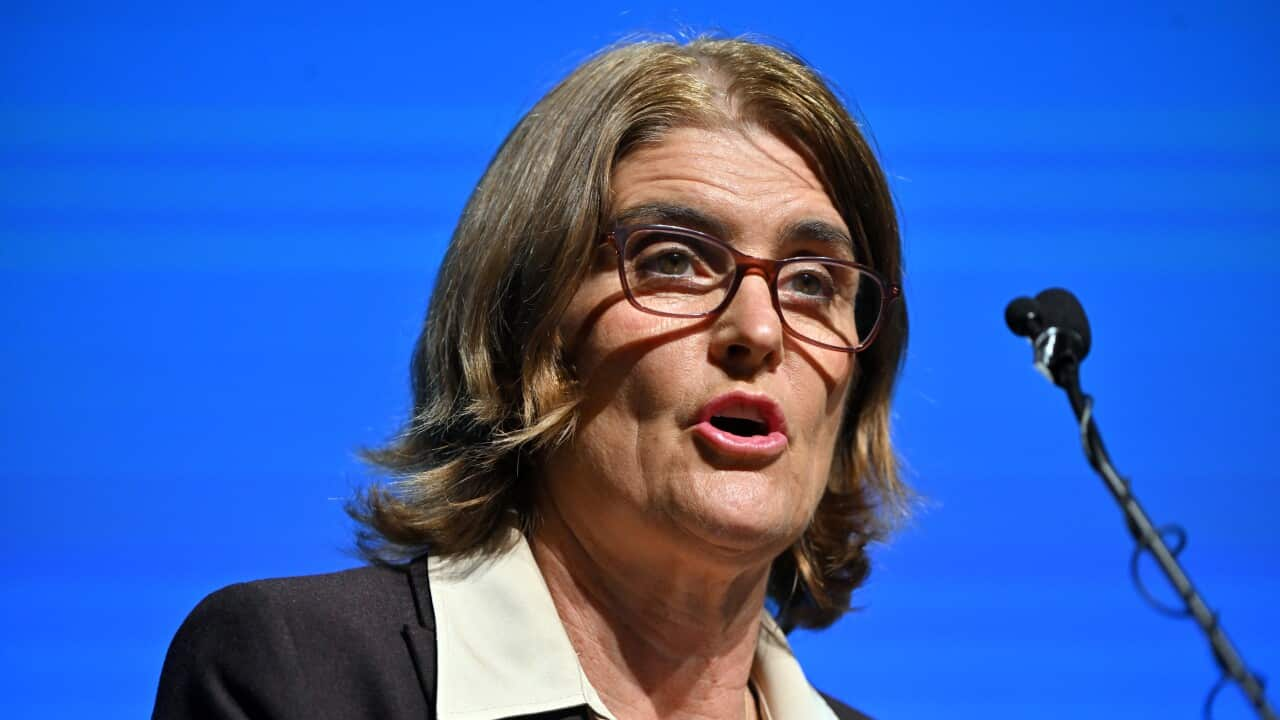From interest rate rises to inflation to a rental crisis - in 2023, Australians faced a raft of cost of living challenges.
Food prices continued to rise, house sales hit record highs, utility bills increased, and and 'cozzie livs' became part of our vernacular.
Now, with a new year upon us, here's what experts say might happen in 2024.
Will cost of living pressures ease in 2024?
Peter Koulizos, a lecturer in property at the University of Adelaide, is broadly optimistic about the cost of living in 2024.
He believes Australians will experience some ease in pressures across inflation and interest rates this year.
"I think 2024 will be better than 2023, certainly in terms of inflation and interest rates," he said.
"So for many households, they'll be able to breathe a sigh of relief, and there will be less pressure on the cost of living."
Alan Duncan, director of the Bankwest Curtin Economics School and professor of economic policy at Curtin University, also expects to see a "very modest improvement" in cost of living pressures.
But he warns inflation will be "nowhere near" the Reserve Bank’s target of 2-3 per cent in 2024.
"I think there are too many uncertainties in the global economy and there are too many remaining challenges in the Australian economy, particularly housing prices and rents which remain high and are one of the key contributors to the elevated cost of living," he said.
Duncan said with prices across essentials such as housing and energy remaining high, a quick return to a "normal" cost of living is unlikely.
"We are seeing some other essential expenditures moderating; we've seen that grocery prices are moderating, clothing prices and other essential household spending or household costs ... they've been moderating," he said.
"But they are moderating on the back of some pretty hefty price hikes over an extended period of time."
Will inflation rise or fall in 2024?
Throughout 2023, inflation was one of the key contributors to cost of living pressures, with prices steadily rising across food and beverages, transport, housing, entertainment and more.
The latest quarterly consumer price index figures revealed inflation , down from the 5.6 increase in September.
Koulizos said these figures were positive, and he expects inflation will continue to ease in 2024 compared with the previous 12 months.
"Inflation is already on the way down, and if you look at, say, the last six months of monthly inflation data, it is much lower than the previous six months," he said.
"For me, that's a great leading indicator that inflation is on the way down."
Koulizos said while he expects some goods and services will stabilise in price, others will remain impacted by events overseas, such as the Russia-Ukraine war.
The war has contributed to inflation and economic pressures in many parts of the world over the past two years, which could continue in 2024.
Will the Reserve Bank raise interest rates in 2024?
The RBA has raised interest rates 13 times since 2022 in a bid to curb inflation, and in November 2023 they hit a 12-year high of 4.35 per cent.
At the RBA's last meeting in December, the board decided to , giving homeowners a reprieve over the Christmas and New Year period.

Source: SBS News
"Whether further tightening of monetary policy is required to ensure that inflation returns to target in a reasonable time frame will depend upon the data and the evolving assessment of risks," Bullock said.
The December quarter inflation figures are expected to be released on 31 January, just ahead of the RBA board's next meeting in early February.
These figures are likely to inform whether or not the RBA raises interest rates again.
Duncan said he would "not rule out" further increases in 2024.
"I think the general sense is that we're going to have to wait until at least the middle of 2025 before we see consistently prices returning to that two to 3 per cent (inflation) band.
"So alongside some of the other prices that we're facing, I genuinely don't think that we can take further interest rate increases off the table anytime soon."
Will housing prices continue to rise around Australia?
House prices have skyrocketed in many parts of the country throughout 2023, with the national median price now $762,000 according to PropTrack.
Renters have also faced difficult situations, with, particularly in capital cities.
According to PropTrack's most recent rental report, released in October, the number of new rentals available in September dropped 5.7 per cent compared to the previous year.
The increased demand for rentals paired with the limited supply also impacted prices, with the national median rent advertised on realestate.com.au now $550 per week, a 14.6 per cent increase over the 12 months.
Duncan expects rental prices will remain high until supply and demand can become more balanced.
"We know that the reason for these significant and consistent increases in rental costs has been due to the real pressure on the supply of available rental properties," he said.
"Until we can see vacancy rates increase to at least 2 per cent - ideally towards 3 per cent - I don't think we'll see any significant downward pressure on rents.
"I think this is one of the real challenges, but also I think one of the priorities over 2024 for the government."
Will Australia face a recession in 2024?
In difficult economic times, the prospect of recession is often raised, but Koulizos said Australia's low unemployment rate makes recession unlikely in 2024, even as financial challenges continue.
"One of the reasons we would go into recession is (if) we had high unemployment; at the moment it almost doesn't matter what sector you're in, employers are screaming out for employees, they just can't get enough," he said.
"I think there are a lot more positives in 2024 than in 2023 so far as the economy is concerned - it won't be fantastic, but it should be better than 2023."
Duncan said while a "technical recession" of two consecutive quarters of negative growth is unlikely, many Australians will continue to struggle with finances in the year ahead.
"I'm always cautious about talking about this idea of recession in a binary sense ... people are still feeling it and some people are feeling it more than others, some family groups are feeling it more than others," he said.
"If we don't hit a recession, that should not relieve the pressure on the government to recognise that a lot of people are doing it really tough.
"The standard phrase is, if it looks and feels like the recession, it's a recession regardless of whether or not the statistic tells you that you've crossed the threshold of 0 per cent growth."













